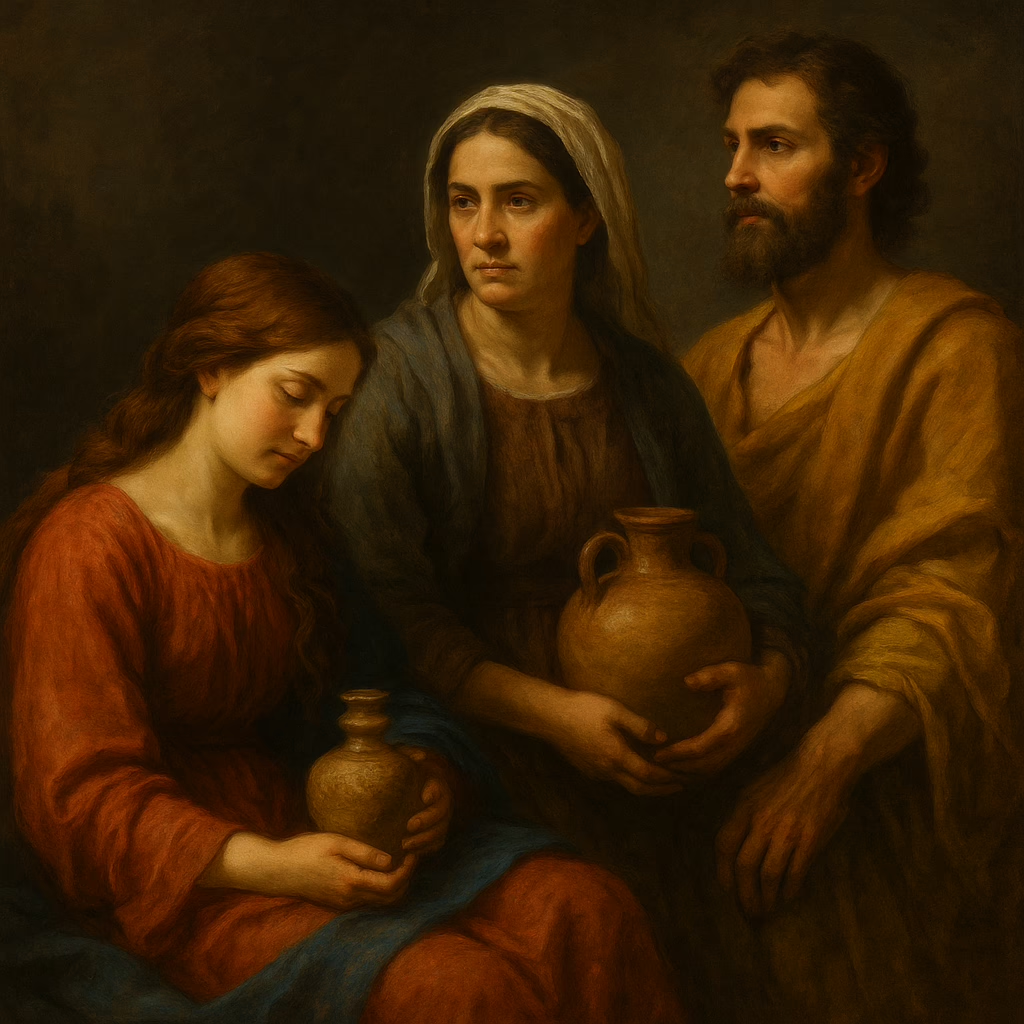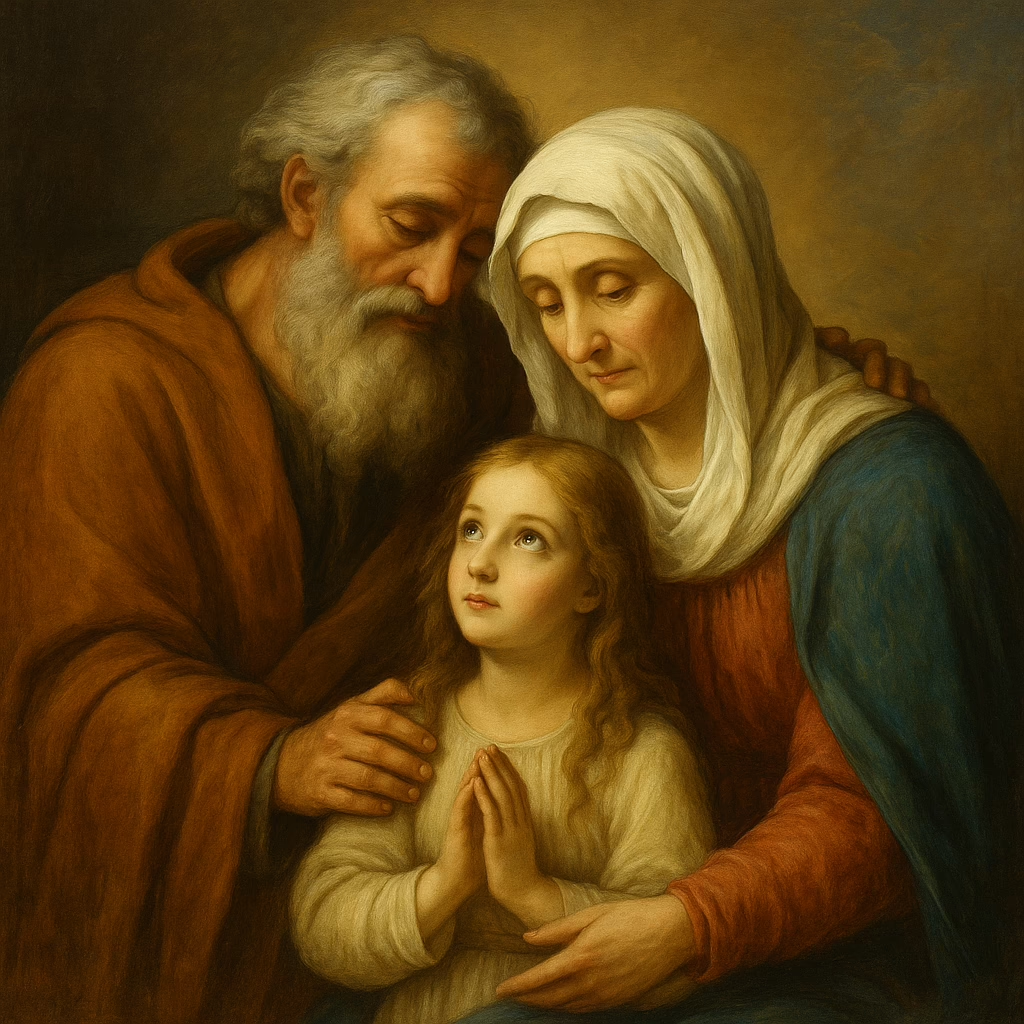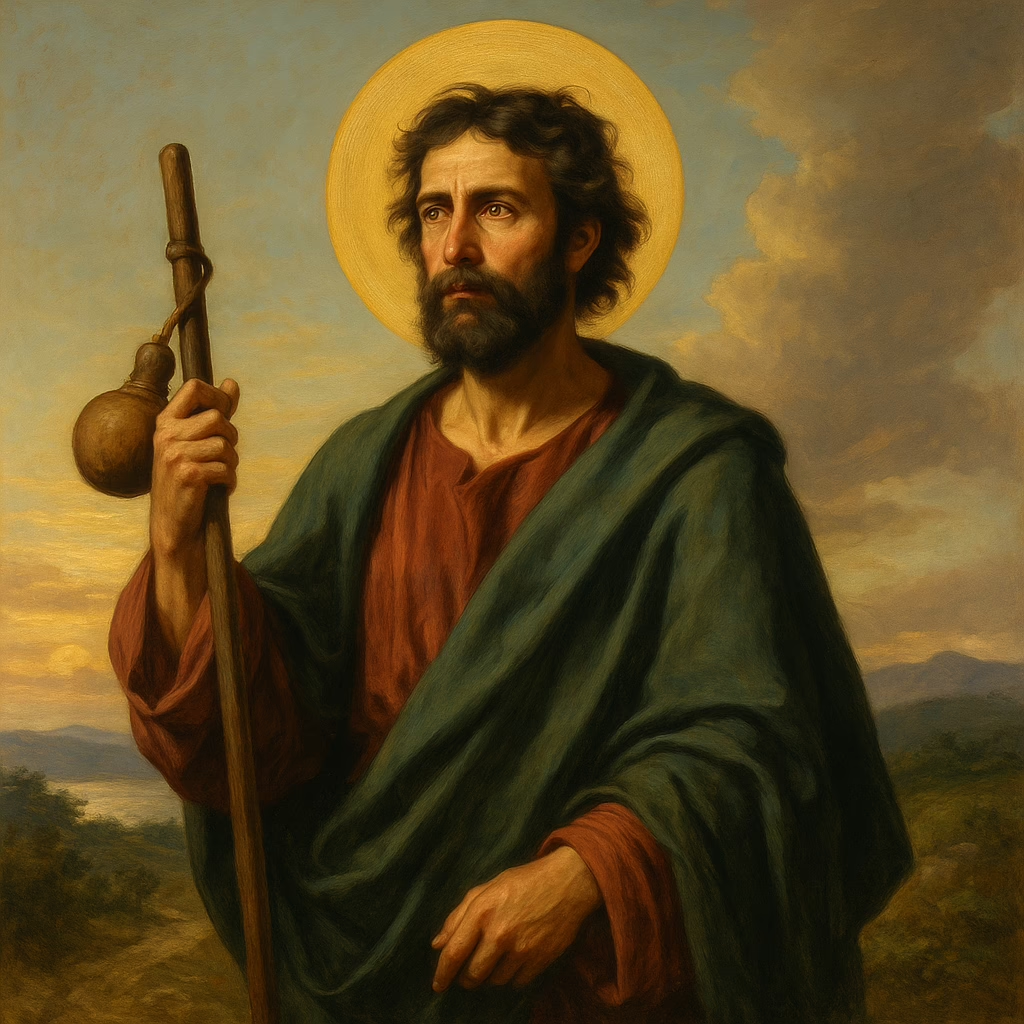St. Rupert: The Apostle of Bavaria and Austria
Introduction: The Legacy of St. Rupert
In times of struggle, as St. Augustine once penned, "Faith is to believe what you do not see; the reward of this faith is to see what you believe." This sentiment echoes throughout the life of St. Rupert of Salzburg, a towering figure in the early Christian Church whose faith and perseverance left an indelible mark on Bavaria and Austria.
St. Rupert, often heralded as "the Apostle of Bavaria and Austria," was born around 660 in the territory known as Gaul, now modern France. With roots in the distinguished Merovingian lineage, Rupert chose a life dedicated to God's service, initiating a legacy that celebrates the integration of faith with social and economic development. This blog post will explore the contours of St. Rupert's life, highlighting his profound missionary work, impactful teachings, and the enduring influence of his miracles.
1. Early Life and Missionary Calling
1.1 Origins and Background
Emerging from the illustrious Merovingian dynasty, St. Rupert was born into a lineage characterized by both political influence and deep religious fervor. His noble birth in Gaul set the stage for a transformative journey driven by faith. Rupert's Merovingian roots not only connected him to a line of kings but instilled in him a sense of responsibility for the spiritual well-being of others. Despite this privileged beginning, he was drawn to a life of asceticism and charity, encapsulating "the greatness within simplicity," as Church teachings often articulate.
Rupert’s conversion to a life dedicated to God arose from pivotal events—spiritual awakenings that led him from the comfort of nobility to a profound commitment to Christ. His calling was not a mere personal revelation but a divine vocation to further the kingdom of God by spreading the Gospel to new shores.
1.2 Expulsion from Worms
In his role as Bishop of Worms, Rupert faced significant hostility as he endeavored to shepherd a population resistant to Christian teachings. His unwavering resolve in the face of pagan rejection exemplifies the trials faced by early Church leaders. Ultimately, Rupert was forced to leave Worms, an expulsion that left an indelible mark on him. Yet, it was this crisis that fueled his pilgrimage to Rome, a journey of renewal and divine guidance—an experience repeating the Christian tradition of pilgrimages as a pathway to spiritual growth.
2. His Mission in Bavaria and Austria
2.1 Invited by Duke Theodo
Bearing the faith bestowed during his Roman sojourn, St. Rupert accepted an invitation from Duke Theodo of Bavaria. This opportunity to evangelize Bavaria was more than a call—it was a divine mandate supported by civil authority, reflecting a synergy between church and state that has pervaded Christian history. Theodo’s invitation underscored the significance of governmental endorsement in missionary endeavors, revealing the powerful dynamic between spiritual and secular leadership.
2.2 Establishing Churches and Monasteries
Rupert’s impact in Bavaria and Austria unfolded through the establishment of foundational religious institutions. Notably, he founded St. Peter’s Abbey and Nonnberg Abbey—centers that would signal a spiritual renaissance in the region. As hubs of education, worship, and community, these establishments played a crucial role in the dissemination of Christianity. Through them, Rupert fostered not merely religious practice but a Christian culture rooted in communal life, highlighting the church as both a haven and catalyst for unity.
2.3 Economic Contributions
Remarkably, Rupert’s vision extended beyond spiritual foundations to economic rejuvenation. His introduction of salt mining and agricultural innovations signified the transformative power of faith interacting with daily life. The discovery of salt deposits, a noteworthy miracle in its own right, positioned Salzburg as a vital economic hub. St. Rupert’s legacy in economic development demonstrates how faith can catalyze tangible benefits, addressing both spiritual and material prosperity—a principle relevant in contemporary discourse on holistic development.
3. Miracles and Their Importance
3.1 Notable Miracles
Throughout his ministry, St. Rupert was perceived as a vessel of the divine, performing miracles that cemented his sanctity. His most famous miracle, turning water into wine, echoes Christ’s earliest miracle at Cana and underscores the boundless grace accessible through faith. Moreover, many accounts tell of Rupert’s healing powers, pivotal in reinforcing the Church’s message of hope and divine intervention.
3.2 The Discovery of Salt
One of Rupert's most concrete contributions was the discovery of salt deposits—an inadvertent miracle observed from the behaviors of native wildlife. This discovery not only enriched the local economy but illustrated God's presence in the subtle details of creation. As contemporary Christians reflect on economic challenges, Rupert’s insights remind us of the providential interplay between faith and worldly endeavors.
3.3 The Significance of Miracles Today
In today’s context, the legacy of Rupert’s miracles is twofold: spiritual inspiration and practical insight. As believers seek God’s hand in everyday life, Rupert exemplifies the enduring relevance of miracles—God's power manifesting amid human experience—challenging each of us to recognize divine movements in our lives.
4. Lessons from St. Rupert’s Life
4.1 Missionary Zeal and Perseverance
St. Rupert’s story is emblematic of faith and perseverance amid adversity. Despite being expelled from Worms, Rupert remained steadfast, proving that true evangelization perseveres under pressure. His invincible spirit serves as a testimony for the faithful—a clarion call to embrace evangelization with renewed vigor.
4.2 Service to the Poor
Rupert’s ministry was deeply rooted in service, reflecting Catholic social teaching which stresses the dignity and well-being of the marginalized. His life implores the Church to prioritize acts of charity, thereby manifesting the love of Christ in practical, transformative ways.
4.3 Cultural Integration in Evangelization
Rupert’s evangelistic approach illuminated the significance of cultural sensitivity in spreading the Gospel, integrating Christianity with local customs effectively. His methods provide a model for modern missionaries, underscoring the importance of respectful, inclusive evangelization in a diverse world.
5. Prayers and Devotional Practices
5.1 Daily Prayers and Reflections
For those seeking to adopt St. Rupert’s virtues, daily prayers dedicated to his memory can foster spiritual growth. A simple invocation might be: “St. Rupert, fervent apostle, guide us in courage and fidelity to spread the Gospel’s message of hope.”
5.2 Community Service and Veneration
Engaging in community service acts as a vibrant tribute to Rupert's legacy, embodying his life of charity. Pilgrimages to relics, such as those housed in Salzburg Cathedral, can deepen one’s devotion, offering an intimate encounter with the divine through personal pilgrimage.
5.3 Incorporating St. Rupert’s Legacy into Personal Faith
Integrating Rupert’s teachings into daily life, from reflection on his miracles to active service, enriches one’s spiritual journey. Resources on enhancing spiritual practices can aid believers in drawing closer to his virtuous example.
Conclusion: Embracing the Spiritual Legacy of St. Rupert
St. Rupert of Salzburg remains an enduring testament to the transcendent power of Christian faith and missionary zeal. His life, marked by miraculous acts and tireless service, invites us to explore deeper into the mystery of faith, serving God by serving others. As we reflect on Rupert’s spiritual legacy, let us consider how his dedication can inspire our own journey in faith and service.
Encouraged by Rupert’s legacy, let us engage in acts of charity and seek ways to contribute to our communities, ever mindful that "faith without works is dead" (James 2:26).





